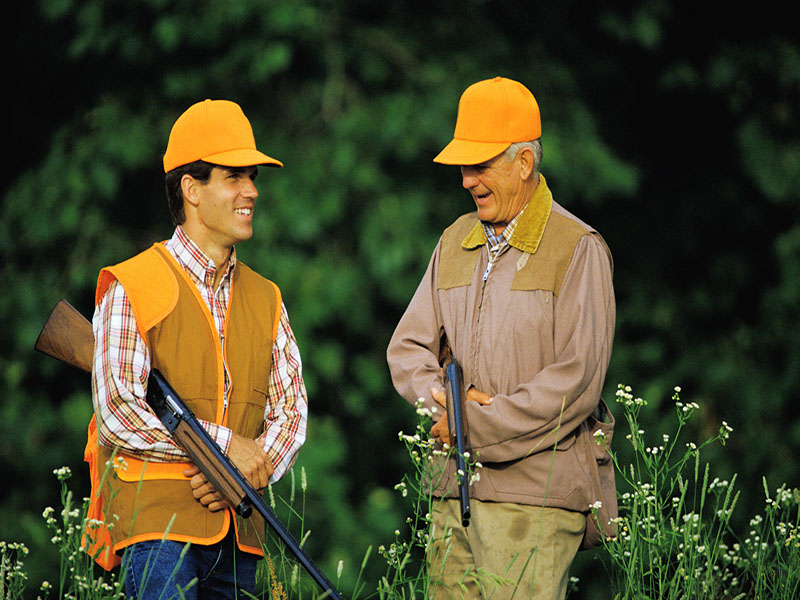SATURDAY, Nov. 25, 2017 (HealthDay News) — Deer hunting this season? As you head to the woods, make safety your priority, two experts say.
Joe Hess, of the pediatric trauma program at Penn State Children’s Hospital, reminds hunters to treat every firearm as if it were loaded: Never point it at anyone and never place a finger on the trigger until ready to fire.
Hess said it’s important to remember that hunting is often a multigenerational activity. The youngest hunters have much less experience and ability, and should go through a hunter safety course.
“You need to understand the types and parts of a gun,” he said. “You also need to understand what it means to shoot the gun.”
Falls from a tree stand are another hazard of deer hunting. If you use a tree stand, always use a harness, advised Kimberly Patil. She’s with the adult trauma program at Penn State Health Hershey Medical Center.
“You want to keep it on you and tethered from start to finish so if you miss a step or lose your balance, it will catch you,” Patil said in a center news release.
Practice using the tree stand in the company of another adult before you use it for hunting, Patil said. Also, have three points of contact at all times while climbing in or out of a tree stand (two hands and one foot or two feet and one hand). And don’t climb the stand with equipment in your hands.
“Use a haul line to raise or lower your equipment,” Patil said.
Hess and Patil offered some other recommendations:
Wear fluorescent orange clothing so other hunters can see you. If you bring a dog, it also should have a vest of hunter’s orange.
Also, make other hunters aware of your presence by making a bit of noise or whistling.
Before you leave, tell someone where you’re going, how will you get there, and when you expect to return. Find out beforehand if the area has cellphone reception or if you need to bring hard copies of maps or download them to your phone to access when offline.
“Getting lost probably happens more often than people want to believe,” Patil said. “If you go out early and spend hours in the woods, it’s easy to get fatigued and turned around. Or you may not realize how quickly the sun goes down.”
Carry a safety kit along that includes first aid supplies, extra doses of any medicine you take, a pocket knife, fire starter, waterproof matches, flashlight and a tourniquet to stop blood flow if you’re wounded.
More information
The New York State Department of Environmental Conservation has more on hunter safety.
Copyright © 2026 HealthDay. All rights reserved.

